Bob Brown‘s Prairie Poems take the reader to the vast, windswept reaches of the plains, evoking the beauty of their solitude and sounds. The spare language is thoughtful and richly descriptive. The poems have depth and strength, calling the reader back to read them again.
–Barbara Fleming, Author and Columnist
Rating: ***** [5 of 5 Stars!]
“They don’t get it, / but maybe you / will; come and sit in high plains sun, / watch a hawk, / write a poem.” So ends one poem in Bob A. Brown’s collection Prairie Poems. The poems’ simplicity invites the reader into their resonant depths. Each poem unfolds without pretense, offering evocative details of the land and of the rhythmic, thoughtful days lived on it, “full of strength and harshness,” as Willa Cather writes in her poem “Prairie Spring.” The radiance of the poems is rooted in their accuracy—whether they address the work (“The roan horse picks his way— / / work gets done”) or the human spirit (“watch a hawk / write a poem”). Informing these poems is an ancient question of how one lives a good and faithful life. With winter coming, you “grease the tractor’s plow, / set drift markers.” Yet there is a sense of deep responsibility—to carefully peel the layers of life, acknowledging and praising what is found. In the poem “The Deer,” the speaker moves inward and inward from a single act to a revelation: “So he sang the Bach and prayed for the deer.” In the final poem, a neighbor asks, “What is Zen?” and the speaker meditates: “Changing the tractor’s oil / while listening to Don Giovanni.” Fittingly, the poem and the chapbook ends in Zen-like humor, equally accepting and mystified, grown from the poet’s deep attention to the difficult, beautiful land and the difficult, beautiful life lived on it.
–Veronica Patterson, Poet, author of Swan, What Shores? (NYU Press Poetry Prize,Colorado Book Award Winner;Willa Literary Award Winner)
Reading Bob Brown’s Prairie Poems I am moved by the evocation of individual moments—the careful attention to articulating exactly what weather feels like, what work is, what the animals do—the mother skunk, the ever moving birds, the domestic cattle and horses, the deer. There is much beauty in Brown’s poems–the intimate gaze he directs toward life at Crooked Heart Ranch, the fine stillness, the long reach of silence into our words, and the funny hesitancy of wanting both to speak and to keep still.
–David Romtvedt, former Poet Laureate of Wyoming, author of A Flower Whose Name I Do Not Know (National Poetry Series Winner)
Rating: ***** [5 of 5 Stars!]

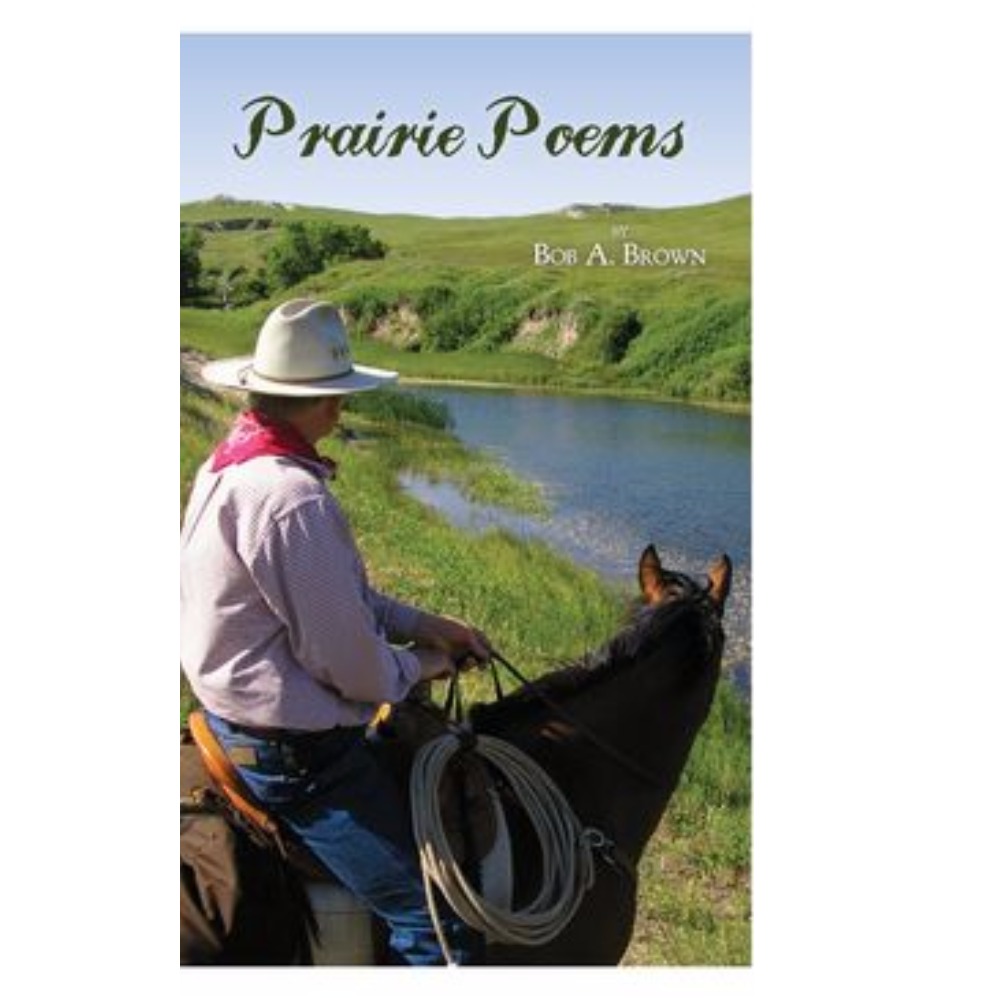
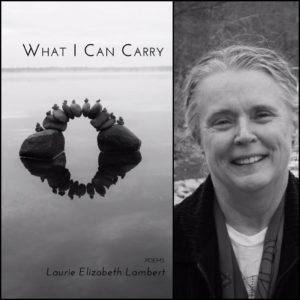
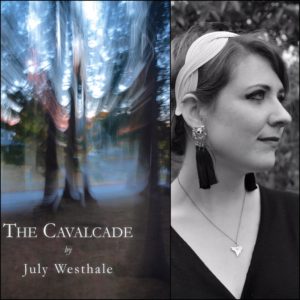
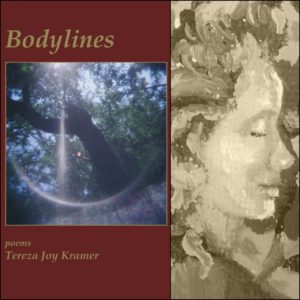
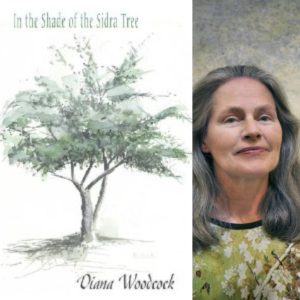
Reviews
There are no reviews yet.